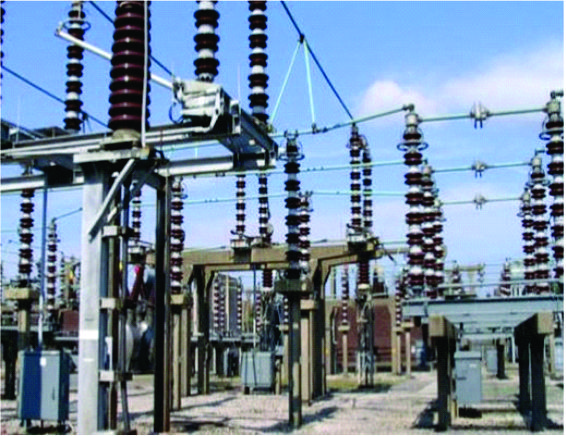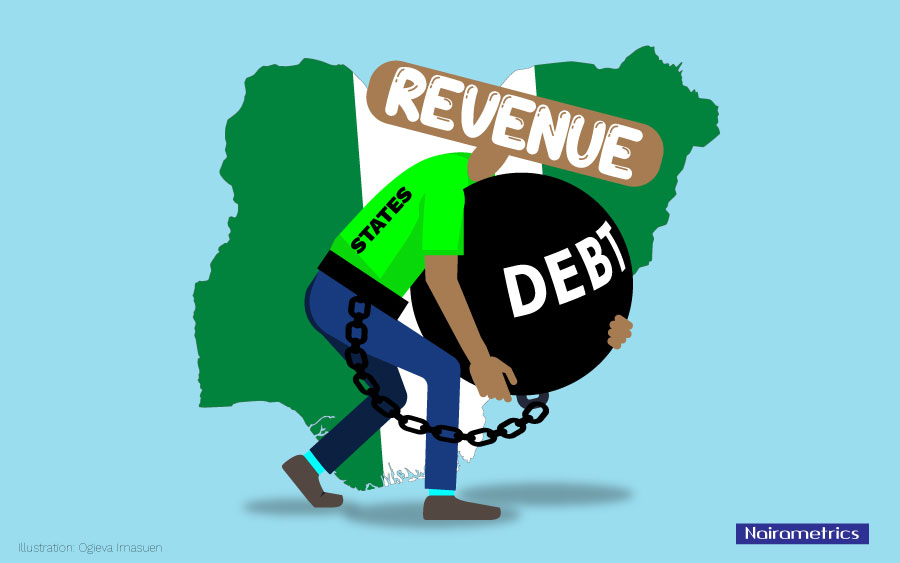By Odunewu Segun
Nigerians may be in for another round of blackouts as the management of Egbin Power Plant has threatened to shut down operations due to non-settlement of N100billion debt, inadequate gas supply and operation inefficiency of the Transmission Company of Nigeria, TCN.
National Daily gathered from the company’s Managing Director, Mr. Dallas Peavey that the country is heading towards another blackout by next week as liquidity, transmission and gas supply issues threatened its operations.
“We owe gas companies and others like our technical partners (KEPCO) to pay, and importantly our lenders, the banks. We have made massive investments in making the plant readily available to generate sustainable electricity but unfortunately, we can’t break even due to the gross inefficiency in the value chain.”
He said government has failed to keep its agreement of paying for every megawatt the company generates and sell to NBET. “They have not done that. We just got paid for the month of December 2016, three months later we were only paid a partly 28 percent out of the total 100 percent of the verified and accepted an invoice for that month,”
Asked what will be the effect, if the debt is not paid, he said: “eventually the unbearable business operating circumstances and conditions will shut us down any moment if it persists. That is the simple but bitter truth.”
On transmission, Peavey, said the company had reached 1,100 MW while the installed capacity is 1, 320 MW, adding that the grid could not take the power because of the capacity issues within the TCN system.
“We are constrained and limited to generate about 350MW daily due to both TCN system operations and inadequate gas supply issues.
“So, 70 percent of our output is lost because available power can’t be evacuated. When you get good news from TCN that you can increase your generation, we will be faced with not “enough gas” and when there is gas, you have TCN issues. So, you have one, you don’t have the other.
The Plant provides close to 30 per cent of Nigeria’s power, and any hindrances to its optimal performance may spell doom for Nigeria’s power sector.

 Health6 days ago
Health6 days ago
 Entertainment1 week ago
Entertainment1 week ago
 Crime6 days ago
Crime6 days ago
 Education1 week ago
Education1 week ago
 Health1 week ago
Health1 week ago
 Comments and Issues7 days ago
Comments and Issues7 days ago
 Football1 week ago
Football1 week ago
 Latest7 days ago
Latest7 days ago











